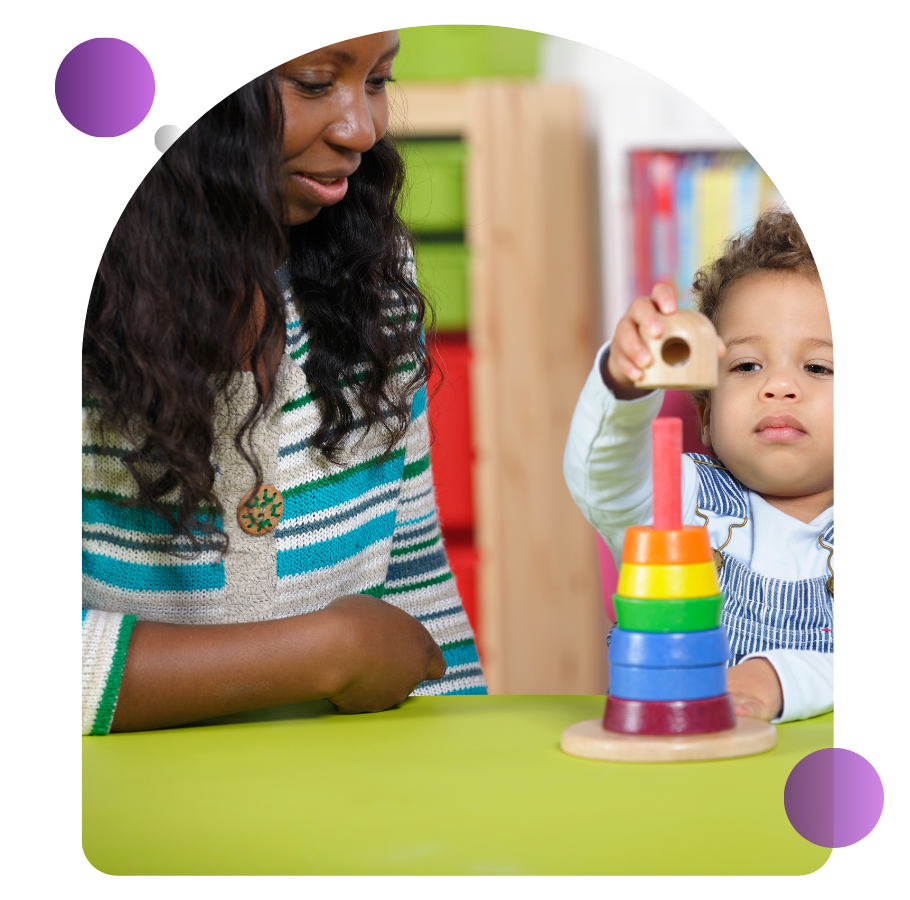

Developmental Delays: Early Identification and Support
Developmental Delays: Early Identification and Support
Behind the Milestones: What Are Developmental Delays?
Developmental delays occur when a child does not reach expected milestones in areas like speech and language, motor skills, cognitive skills, or social-emotional development.
Early support can make a significant difference in helping children reach their full potential.

Classification of Developmental Delays
- Speech and Language Delay: Late talking, trouble understanding or using language.
- Motor Delay: Difficulty with sitting, crawling, walking, or fine motor tasks like holding a crayon.
- Cognitive Delay: Slower thinking, learning, and problem-solving skills.
- Social-Emotional Delay: Trouble interacting with others, regulating emotions, or forming relationships.
How Therapy Helps
- Speech-language therapy targets communication and understanding
- Occupational therapy supports fine motor skills, sensory processing, and daily living activities.
- Physical therapy strengthens gross motor skills like walking and balance.
- Therapy is tailored to each child's unique needs and emphasizes family-centered goals.
Navigating Developmental Delays: Tips for Families

What Research Says
- Early intervention maximizes potential:
Children who receive early therapy services show significantly better language, social, and cognitive outcomes (Zwaigenbaum et al., 2015). - Parent involvement boosts progress:
Active participation by parents in therapy sessions improves developmental gains (Roberts & Kaiser, 2011). - Excessive screen time is linked to delayed speech:
High screen time in toddlers is associated with slower language development (Madigan et al., 2019).
All About Developmental Delays: What Families Ask Most
If your child is missing major milestones (like speaking first words by 18 months or walking by 18 months), it’s important to seek a developmental evaluation.
Some mild delays may resolve, but many children need structured therapy to fully develop skills.
Speech therapy, occupational therapy, and physical therapy are commonly used depending on the child’s areas of need.
Yes. Experts recommend limiting screen time for young children and emphasizing hands-on, real-world interactions instead.
